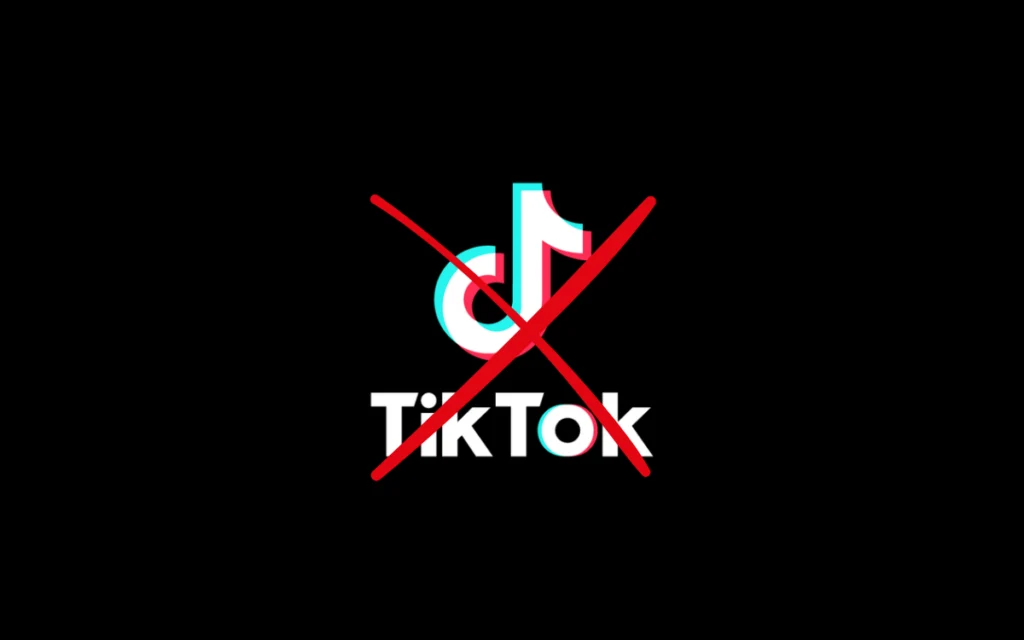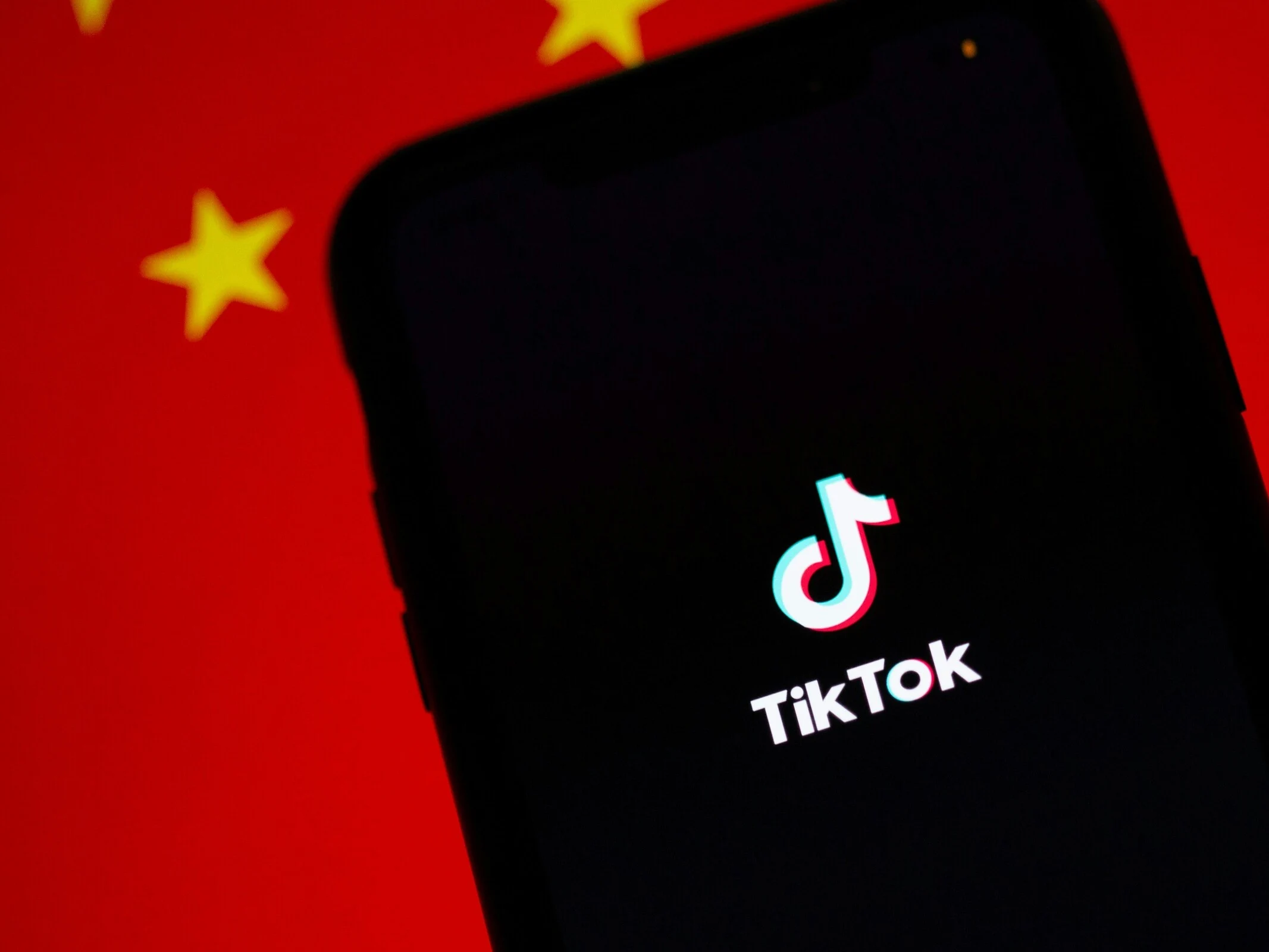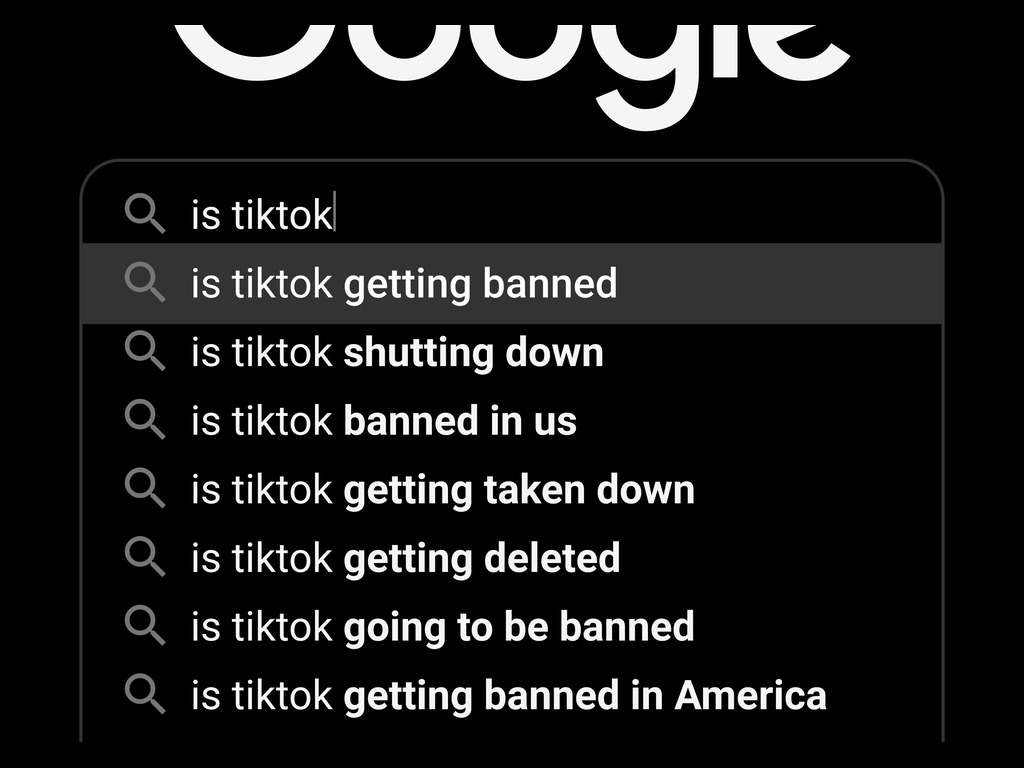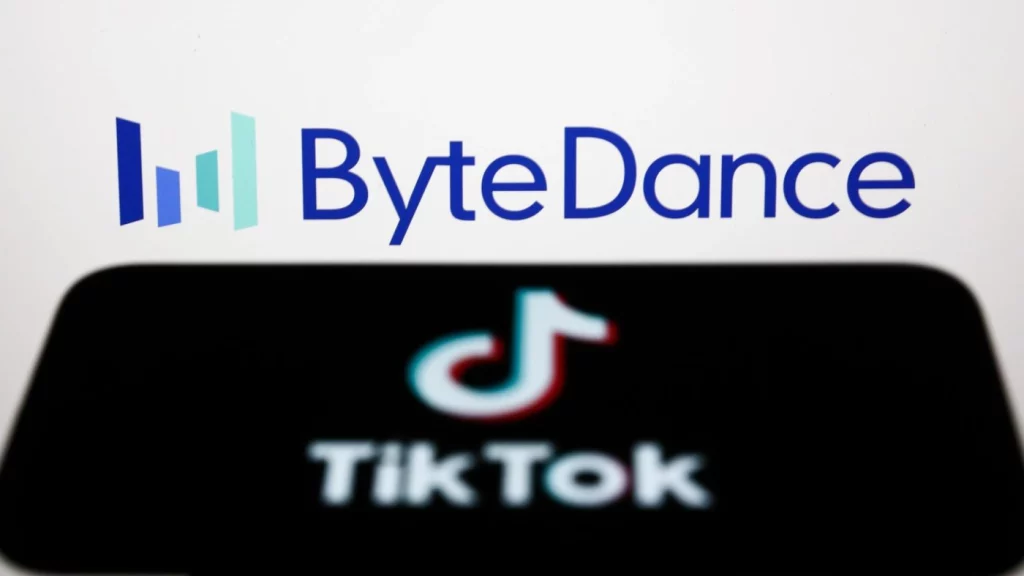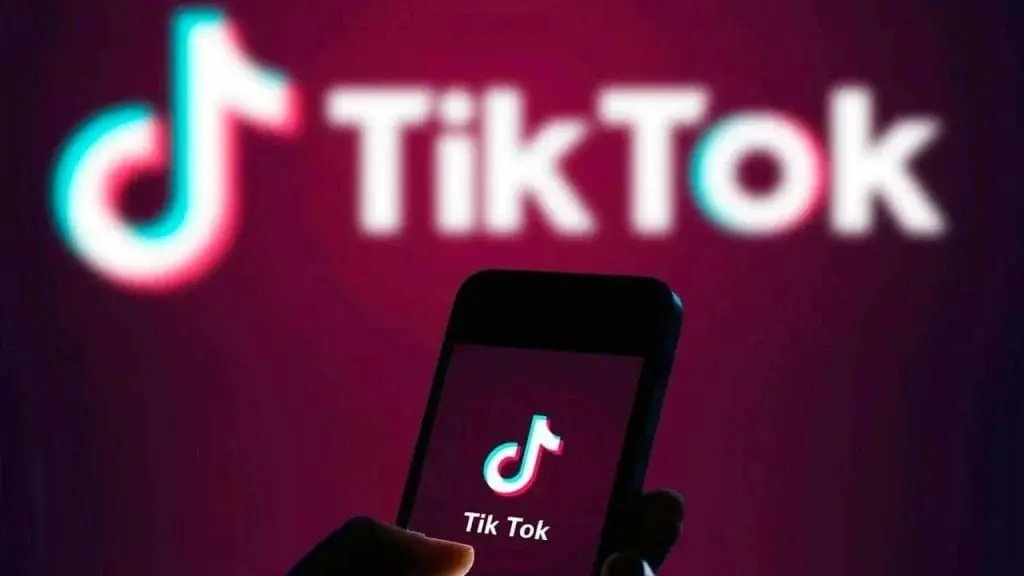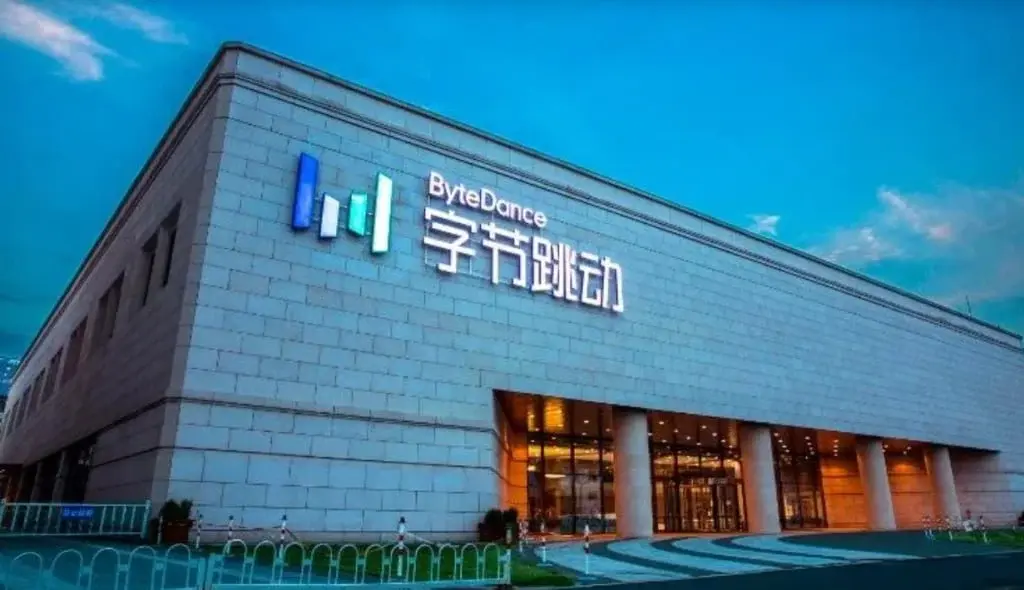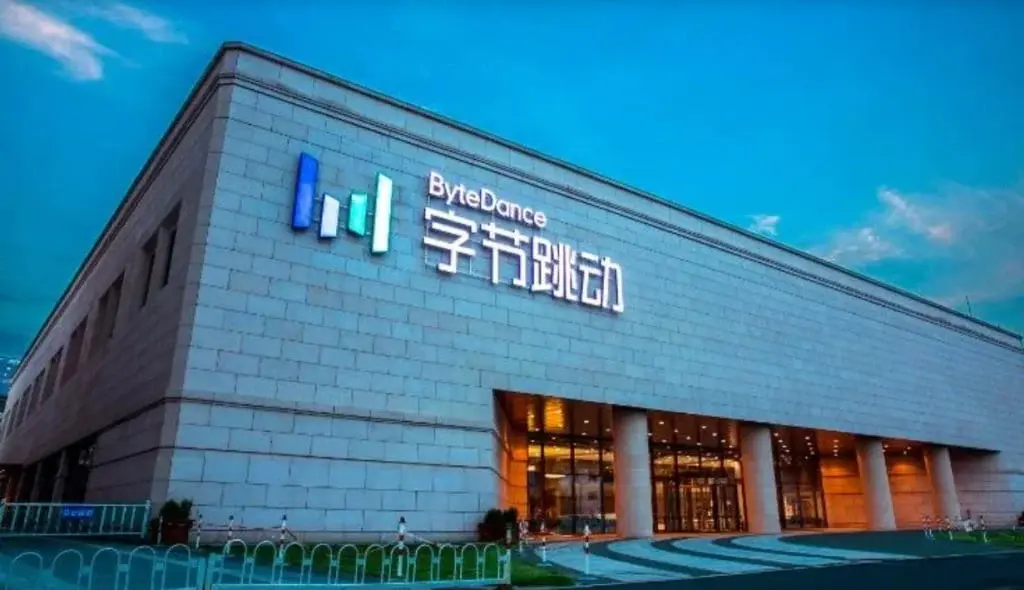Key Takeaways
1. Public sentiment towards a potential TikTok ban in the US has shifted, with only 34% supporting the ban, down from 50% in 2023.
2. Opposition to the ban has risen to 32%, compared to 22% two years ago.
3. Support for the ban among Republican and Republican-leaning individuals has dropped from 60% to 30%.
4. Only 12% of TikTok users support the ban, while 45% of non-users do.
5. The perception of TikTok as a national security threat has decreased from 59% to 49%.
The future of TikTok in the United States has been unclear for some time, with a deadline for a potential sale looming in the coming weeks. Despite the ongoing uncertainty, public sentiment appears to have shifted regarding the app’s potential ban, according to a new study. As of March 2025, more Americans are now against the ban compared to two years prior. The research also indicated that a larger number of Republican and Republican-leaning individuals now support dropping the TikTok ban.
Study Insights
This study, carried out by Pew Research Center, surveyed over 5,000 adults in the US from February 24 to March 5. It revealed that only 34% of those surveyed backed the TikTok ban, a significant drop from 50% in 2023, when a similar survey was held. The findings also highlighted that opposition to the ban has risen, with 32% now against it, up from 22% two years ago. In 2023, 60% of Republican and Republican-leaning respondents were in favor of the ban, but that figure has now fallen to 30%. Nevertheless, Republicans still exhibit a higher tendency to support the ban compared to Democrats, the research indicated.
User Perspectives
Among TikTok users, only 12% supported the ban, whereas 45% of non-users were in favor of it. Additionally, the percentage of Americans considering TikTok a national security threat has declined from 59% to 49%.
As the deadline for TikTok’s sale approaches in less than two weeks, ByteDance has been requested to divest the app to an American firm by April 5 to keep operating in the US. However, the Chinese company appears uninterested in pursuing that sale. Historically, companies like Microsoft, Perplexity AI, and Oracle have expressed interest in acquiring TikTok.
In conclusion, the findings from Pew Research Center highlight a significant shift in public opinion regarding TikTok’s future in the US, as well as the ongoing uncertainty surrounding its ownership.
Source:
Link


